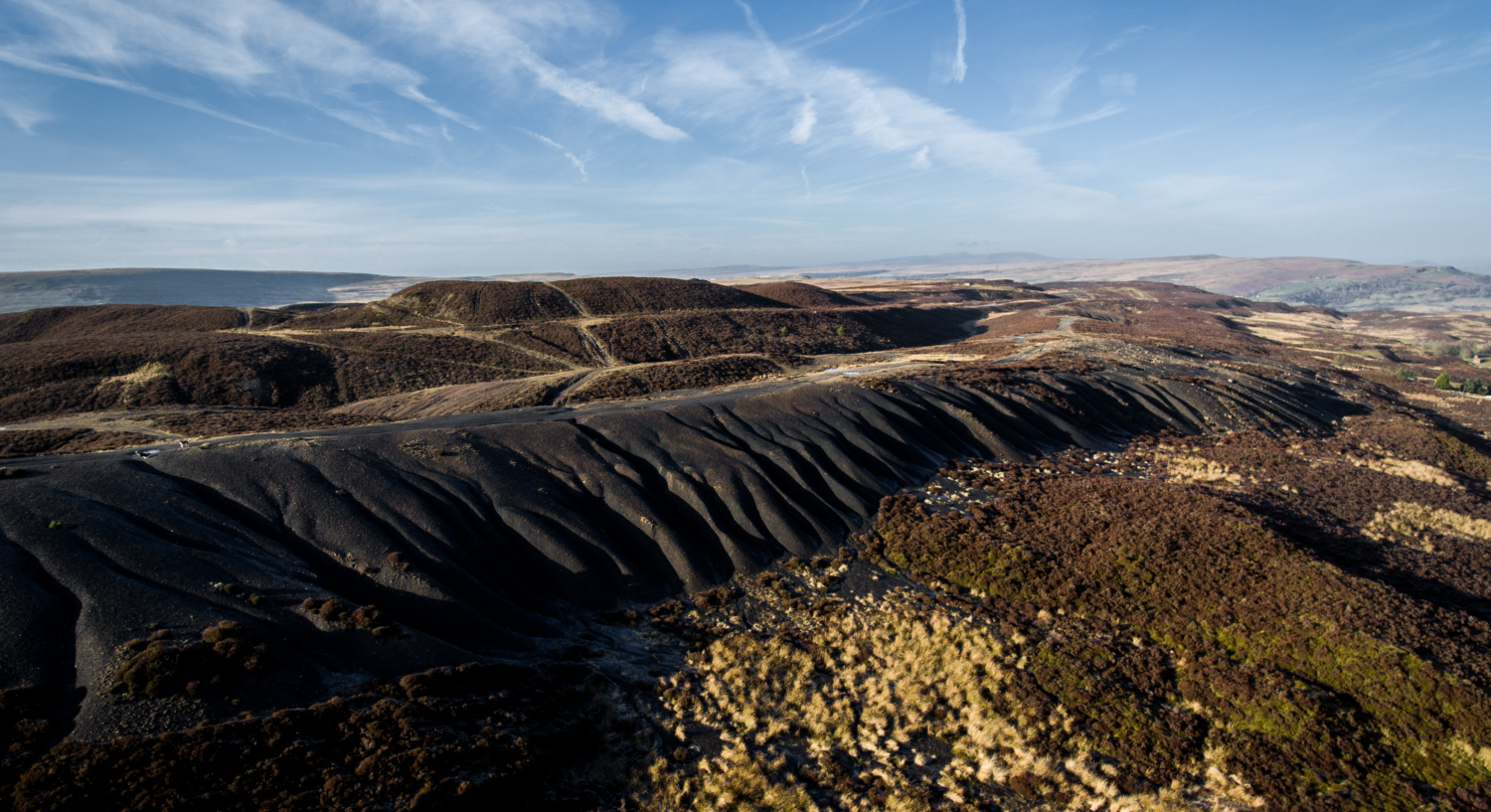The Law Commission of England and Wales has today published its report recommending a new coal tip safety regime in Wales that would replace outdated laws and improve how a range of risks with coal tips are managed.
The recommended new regime would provide:
- A proactive and holistic approach to coal tip safety: this would allow earlier intervention to prevent tip problems developing, help to tackle issues beyond tip instability and protect against future implications of climate change
- A supervisory authority with responsibility for the safety of all disused coal tips. Recommended functions for the authority include:
- Compiling and maintaining a register of all disused coal tips in Wales
- Arranging for inspections of tips and the creation of tip management plans
- Designating tips as a mechanism to prioritise safety work on higher-rated coal tips with increased involvement of the supervisory authority
Nicholas Paines QC, Public Law Commissioner at the Law Commission of England and Wales, said:
“The laws governing coal tips in Wales date from an earlier age and no longer offer adequate tools to manage Wales’s legacy of coal tips. Only a small minority of tips have the potential to be a danger but new legislation is needed to enable all tips to be effectively monitored, preventive work to be done to avert danger and remedial work to be carried out to reduce any existing risks.
“We think our recommended reforms would significantly improve the management of coal tips and especially the highest-rated tips.”
Julie James, Climate Change Minister, added:
“I would like to thank the Law Commission for all the work, which has led to the publication of today’s report. We are committed to introducing legislation to improve coal tip safety in the current Senedd term and this report provides valuable evidence to support its development.
“I look forward to considering the recommendations and I will provide an update next week.”
The current situation
A coal tip is a pile built of waste material removed from the ground during coal mining. Across Wales, there are currently a tiny number of tips associated with operational coal mines, but just under 2,500 disused coal tips. Without careful management, these tips can present a number of risks. These include risks of:
- Instability and tip slides: Slides can be caused by heavy rainfall and/or poor drainage. Increased rainfall caused by climate change has increased the risk of tip slides taking place.
- Flooding: run-off water from coal tips can cause or contribute to flooding.
- Pollution: drainage from tips can release pollutants into the environment which can cause a range of damage to local habitats and wildlife.
- Spontaneous combustion: coal tips can spontaneously ignite and remain alight for many years. This can cause subsidence and form hidden cavities prone to collapse, and treating burning tips is hazardous.
Issues with the current law
The Mines and Quarries (Tips) Act 1969 was enacted following an investigation into the Aberfan disaster of 1966. It created separate safety regimes for tipping at operational mines and for disused tips. At that time there was an active coal industry and disused tips were not thought to be a significant problem. Almost all tips in Wales are now disused, and increased rainfall intensity as a result of climate change brings an increased risk of tip instability, as illustrated by tip slides which occurred in Wales in February 2020 following Storms Ciara and Dennis.
The 1969 legislation is now outdated and no longer fit for purpose. It is not effective at managing the safety of disused coal tips in a holistic way. Reform is needed to reduce the risk of dangerous incidents – particularly tip slides – occurring.
Issues with the legislation include:
- The powers created by the Act are fragmented across local authorities, leading to inconsistent safety standards and risk classifications.
- There is no mechanism to prioritise the highest rated coal tips to ensure they are managed as a matter of urgency.
- There is no general duty to ensure the safety of coal tips and local authorities have no power to intervene until there are concerns that a tip is unstable.
- There is no power to undertake preventive maintenance before a tip becomes a danger.
Recommendations in detail
To improve how coal tips are regulated and maintained, and to minimise risk of dangerous incidents, the Law Commission is recommending the creation of a new regulatory framework. This would promote consistency in the management of coal tips across Wales and avert danger by introducing a proactive rather than reactive approach.
The new regulatory framework would introduce:
- A single supervisory authority with a duty to perform its functions so as to ensure the safety of coal tips and achieve compliance with regulatory requirements to a consistent standard across Wales.
- A coal tips register, compiled and maintained by the supervisory authority which would include a wide range of information including risk classifications and management measures for each disused tip.
- Inspections of each tip for the purpose of a risk assessment and designing a tip management plan, incorporating consideration of risks of instability, flooding, pollution and combustion.
- Maintenance agreements and orders for lower risk tips to ensure that the maintenance required to prevent the tip becoming a hazard is carried out.
- For those coal tips designated as higher risk, an enhanced safety regime with increased involvement of the supervisory authority to manage the tip and reduce the chance of significant dangerous incidents occurring.
Next steps
The report has been laid before the Senedd. It will be for the Welsh Government to decide whether to implement the recommendations.
Further details will be available on the Law Commission website, here.






